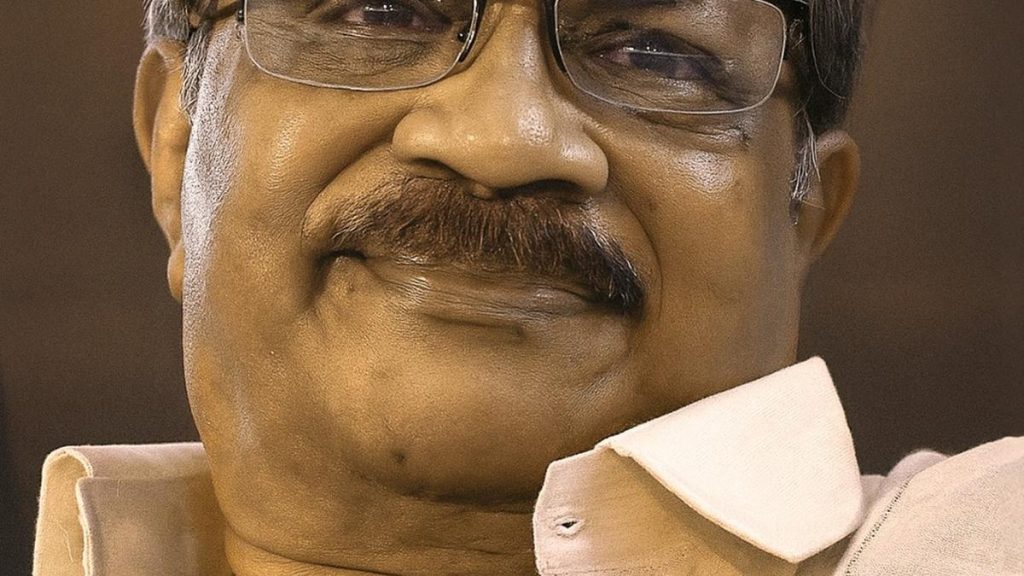Now Reading: Report Proposes Adding More Groups to Kerala’s Backward Classes List
-
01
Report Proposes Adding More Groups to Kerala’s Backward Classes List
Report Proposes Adding More Groups to Kerala’s Backward Classes List

swift Summary
- The kerala Department of Personnel and Administrative Reforms has suggested revising the State’s Socially and Educationally Backward Classes (SEBC) list to include 28 additional Other Backward classes (OBC) currently excluded.
- These 28 communities are part of the State OBC list but miss out on SEBC-based reservation benefits in education, which rely on the Kumara Pillai Commission report (1965).
- The report observes this exclusion denies social justice to these communities, many of whom are backward both financially and educationally.
- Recommended measures include:
– Appointment of Backward Classes promoters (BC promoters) in all 78 taluks with a ₹25,000 monthly honorarium to enhance grassroots outreach.- Creation of a Planning and Monitoring Cell within the Backward Classes Growth Department (BCDD), headed by a Joint Director-ranked officer, for better project management.
- Earlier proposals from September 2021 recommended transforming four zonal offices into district-level offices and opening new ones where none exist. A detailed study was proposed for further strengthening.
Indian Opinion Analysis
the proposal to revise Kerala’s SEBC list underscores an effort toward greater inclusivity for marginalized groups currently omitted from educational benefits. Including these additional OBC communities could help bridge gaps in access to higher education for economically disadvantaged populations. The establishment of BC promoters at taluk levels aims to strengthen operational capacities at the grassroots-a proactive step toward broader service access.
The proposal also highlights systemic disparities embedded within outdated frameworks like those based on the Kumara Pillai Commission Report from decades past. Modernizing such structures could provide more equitable opportunities, though effective implementation would be key.
Additionally, initiatives like setting up a dedicated Planning and monitoring Cell suggest intent toward improving efficiency within bureaucratic processes. However, balancing resource allocation across various development schemes may emerge as a challenge as reforms progress.
Read More: Link






















